The UK government-owned organisation has awarded the £8m energy storage systems - essentially giant battery packs – contract to Ameresco, who will upgrade seven motorway service areas where the grid supply is not enough for high-powered charging infrastructure.
Supported by Costain, it’s hoped the move will help bring an end to ‘charge anxiety’ by improving access to chargepoints across England’s motorways at sites with poor national grid connectivity for EV drivers.
With the growth in demand for high-powered chargepoints comes pressure to provide the power to supply these, especially at locations where connection to the grid is poor.
Seven energy storage systems will temporarily bridge this gap, storing energy in quiet periods to provide high-power charging at busy times, until those motorway service areas can obtain increased power directly from the grid for rapid charging and the roll-out of additional chargepoints.
Energy storage systems comprise of grid-scale batteries safely housed in a heated and air conditioned 40ft shipping container, which can support additional high-powered (150kW) electric vehicle chargepoints at those motorway service areas.
Ameresco is on track to have all seven Energy Storage Systems installed by the end of September 2023.
With a typical storage capacity of 2MWh, the batteries in each system (which will charge overnight when spare electricity is available) have enough energy to support over two million miles of zero emission motoring each year.
“These new energy storage systems and the high-powered chargers they supply will help ensure that motorists are unlikely to be caught without somewhere to charge, which is a fantastic move for drivers and the environment accelerating the speed in which we transition to new electric vehicles,” said Malcolm Wilkinson, head of energy for National Highways.
"Drivers today are never more than 25 miles away from a rapid chargepoint anywhere on England's motorways and major A roads,” said Jesse Normal, transport decarbonisation minister. “But this news marks another innovative step to making sure that rapid charging is accessible and reliable for drivers.”
Energy storage systems to support EV charging on England’s motorways
National Highways in England is supporting EV drivers across the country thanks to a multi-million-pound investment in new high-powered charging infrastructure.
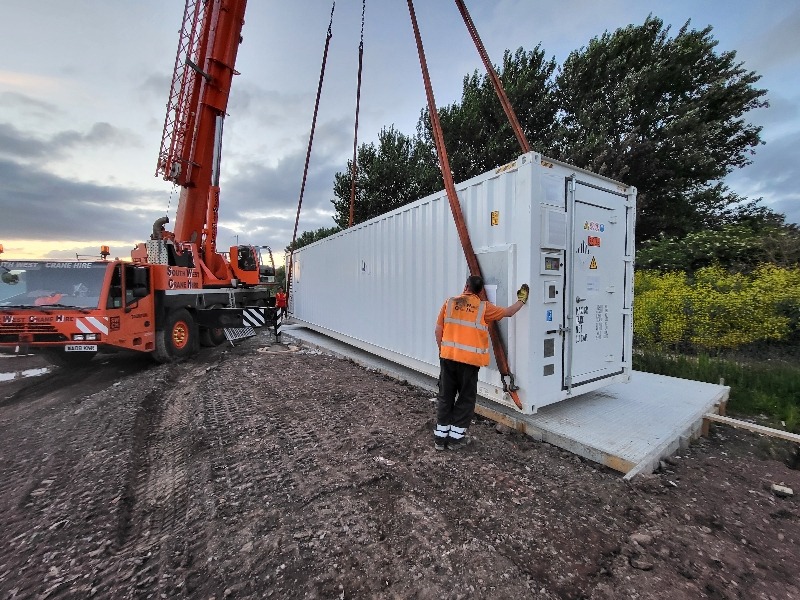
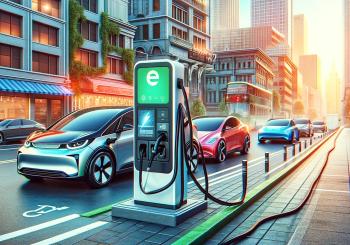
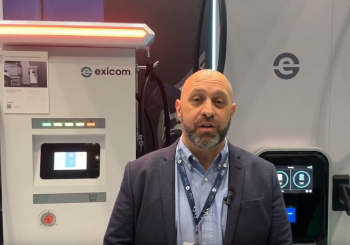
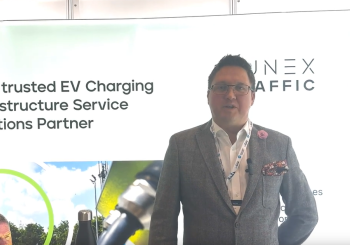
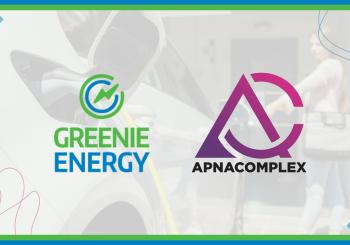
Follow Us On Social Media